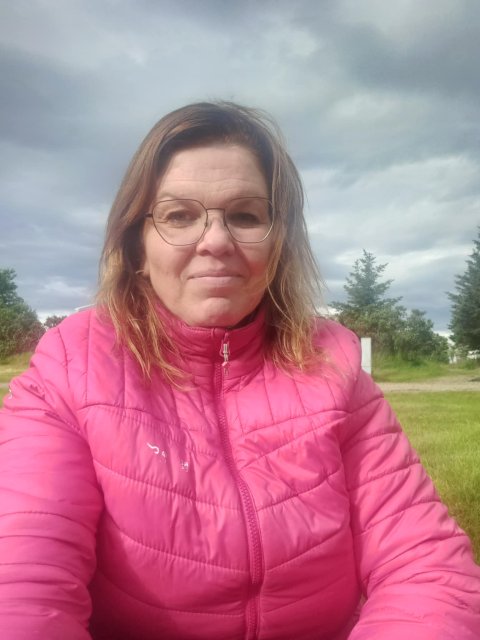Here below you can find all master courses the University Centre offers. All courses are taught in 1-3 week modules running from August through June. See how the courses are organised in the teaching schedule for both programs. Usually 2-3 courses are taught at the same time, but students may only enroll in one course at a time.
The master courses are available to you whether you plan to pursue a degree or just take a course or courses. Please review the options for guest studies to determine how you can apply.
For further information, contact the Administrative Director of Education and Teaching.
Icelandic Society and Environment
- Autumn 2025
- Instructor: Íris Hrund Halldórsdóttir
About the course
The course explores the context of society, politics, history, economy, environment and natural resources in Iceland with regard to both land and sea. As a developed, resource rich, remote and sparsely populated island in the N-Atlantic Ocean, Iceland has distinct aspects. For example, the country’s diverse geology and homogenous demography, which are not easily comparable to neighbouring nations. Emphasis is placed on exploring Iceland’s international image with regard to the environment and natural resources. This includes how the country’s nature may be linked to the self-image of the modern Icelander, nature as a source of nationalism, and how this has manifested regarding utilization vs. conservation of natural resources.
Instructor
Íris Hrund does research in the field of tourism with emphasis on their connection to rural societies and nature. She has participated in numerous research projects, worked as a specialist at the Icelandic Tourism Research Centre and as an adjunkt professor in geography and tourism at the University of Iceland. She has experience in teaching and conducting courses, holds an MSc in Tourism Studies from the University of Iceland and is a PhD student in Geography at the University of Iceland. Íris Hrund was born and raised in the northern Westfjords and could therefore be called a local.

Learning outcome
The course explores the context of society, politics, history, economy, environment and natural resources in Iceland with regard to both land and sea. As a developed, resource rich, remote and sparsely populated island in the N-Atlantic Ocean, Iceland has distinct aspects. For example, the country’s diverse geology and homogenous demography, which are not easily comparable to neighboring nations. Emphasis is placed on exploring Iceland’s international image with regard to the environment and natural resources. This includes how the country’s nature may be linked to the self-image of the modern Icelander, nature as a source of nationalism, and how this has manifested regarding utilization vs. conservation of natural resources.
On completion of the course, a student:
- has acquired general knowledge on Icelandic society and environment.
- can identify how Icelandic culture and history are linked to Iceland’s international image regarding environmental issues.
- can evaluate current topics related to Icelandic society and environment in an interdisciplinary context.
- can construct and communicate a well-supported argument using information from course lectures, reading material, and own perspective.